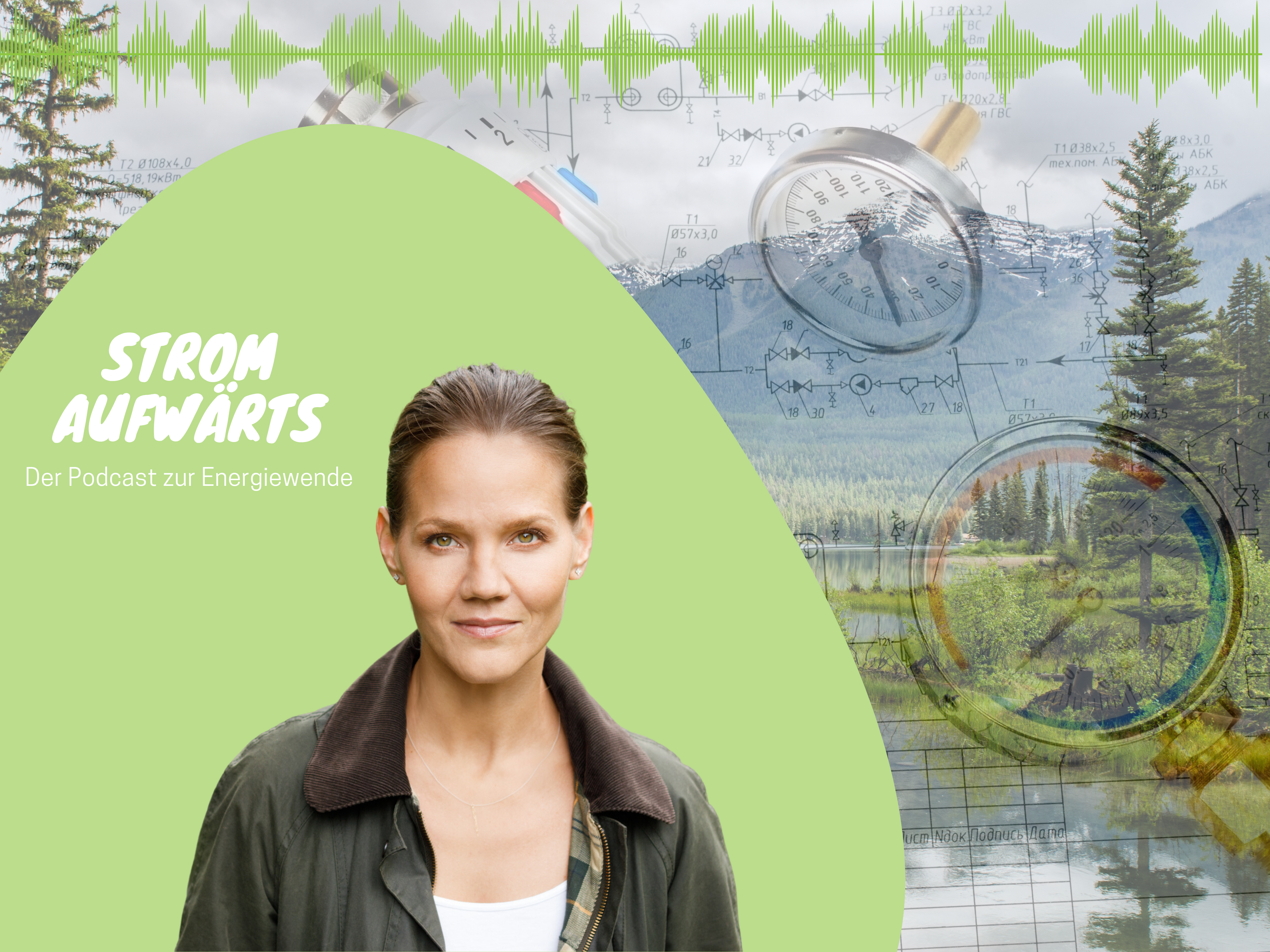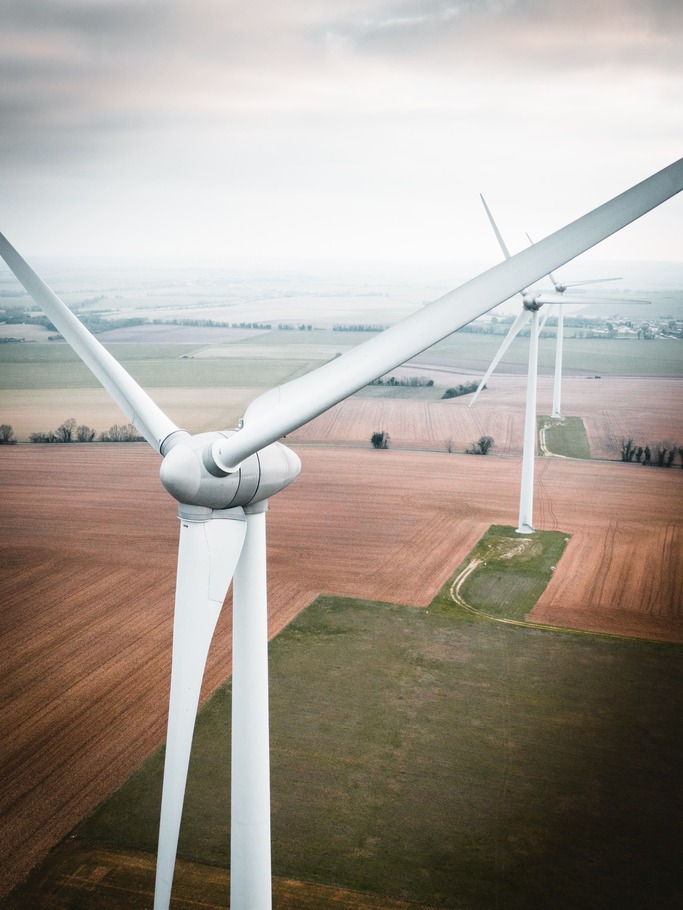Target in Germany: Climate-neutral by 2045. That means, that no more greenhouse gases are emitted than are returned to the atmosphere. can be bound. Since the goal of climate neutrality appears to be in jeopardy, we would like to the federal government to use legislation to encourage the various sectors to do more Climate protection is an obligation - and this also applies to heating buildings.
The road to the Building Energy Act (GEG)
Already in the coalition agreement of the current federal government
was determined to work on the original building energy law. In this way, in addition to climate protection, the issue of energy security is also to be addressed. After many different drafts and disputes within the
In June, a final draft was agreed upon by the government under the traffic light system. As of January 1, 2024, only heating systems that can be operated at least 65% with renewable energies are to be installed. Furthermore, for the time being this only applies to new construction areas where many climate-friendly heating systems are already installed.
Despite the agreement, the Federal Constitutional Court surprisingly halted the project. It is unclear whether the law can now come into force on January 1, 2024, as planned. The traffic light coalition does not want to pass it until a regular session of the Bundestag at the beginning of September. In doing so, it is foregoing a special parliamentary session during the summer recess.
The German Environmental Aid as a guest
Against this background Barbara Metz from the
German Environmental Aid the bill for us and explains her
Position. DUH said of the building energy bill in the Tagesschau that it was the low point for the German government's climate policy. So it goes into what it criticizes about the draft and what it would still adjust. The climate neutrality by 2045, which it still considers realistic, will
as well as the criticisms of the opposition, which they consider to be not
fact-based classification. Learn more in the episode.








